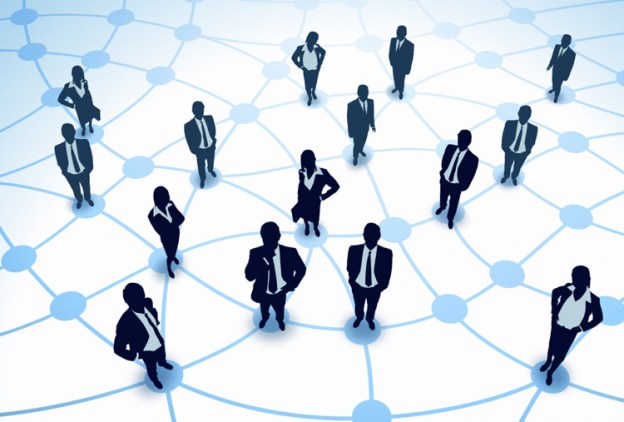
Google and Facebook made waves with their policies on online identity: Essentially, one person should have one identity. My name is “Caleb Garling” on Facebook and Google; that’s the extent to which Facebook and Google (attempt to) allow me to be “present.” The argument goes: you are yourself online and as such, there is no need to have multiple logins or user names. Yet, I’d argue such a bucketing isn’t, in fact, natural; that having different online personalities is completely normal, and a custom we carry over from the offline world.
We may have one body, one brain, one set of eyes, ears and a single pie hole, but why should the Internet hold you hostage to a singular persona? Simply because you are a singular person? That’s not even how it works in the offline world.
I bet you pull back or unleash your politics depending on the company. I bet you don’t act the same at work as you do when you’re sharing a bottle of wine with an old roommate. I bet you shake hands differently with friends than you do strangers. I bet you don’t act the same in a job interview as you do on a road trip with your siblings. I bet you even find yourself laughing differently, depending on whom you’re with.
People vary behavior by situation. Obviously. Social partitions are a natural component of our world. We act one way here, another there, and differently in between. In some ways, the various releases keep us sane. It’s nice to get a little goofy sometimes. It’s nice to get a little worked up sometimes. It’s nice to get serious and “down to business” sometimes.
So why should social networks hold us back from what is natural? Sure, we can fiddle with the settings for what ends up showing up on our news feed, but that singular identity still attaches itself to whatever comment we’ve made or activity we’ve done.
From a pragmatic and business-driven perspective, of course the uniformity makes sense: it keeps data in order. When Facebook says it has 750 million users, you think 750 million people (humans) are using Facebook. But really, 50 million of them could have two profiles. And that’s just at the marketing level; when you get into the revenue engine—targeted advertisements—it becomes imperative that they have a clear view of exactly who someone is. Facebook doesn’t want obsessed-with-online-gaming-You and everyday-You living separate lives.
Many content sites, media, news and opinion alike, require a Facebook, Twitter or Google login to comment on articles. What you say will be tied back to your bigger persona; you can’t hide behind the wall of a false account. As an Internet writer, I can tell you that I’ve received “feedback” from readers that I don’t necessarily appreciate—and there is a predictable correlation between viciousness and anonymity. But, the arguments goes, the real world doesn’t usually work like that; if you want to get nasty, expect eye contact or at least to sign your name.
But does it? To use the most classic example, anyone could yell “bomb” in a movie theater and get away with the false alarm. I could cut out letters from a newspaper and make a hurtful message to a co-worker. Rarely have I noticed (traceable) signatures on graffiti. The tangible world is full of anonymous messaging.
So perhaps that’s a defining quality of social networks: it squeezes people from the fringes, finally makes every accountable for their words. We’re all connected now. No more hiding. You can say what you’d like, but if you’re going to be plugged into the greater matrices of communication, we’re going to know that you said it.
Is that a good thing? We’ll see. But it’s not natural.


